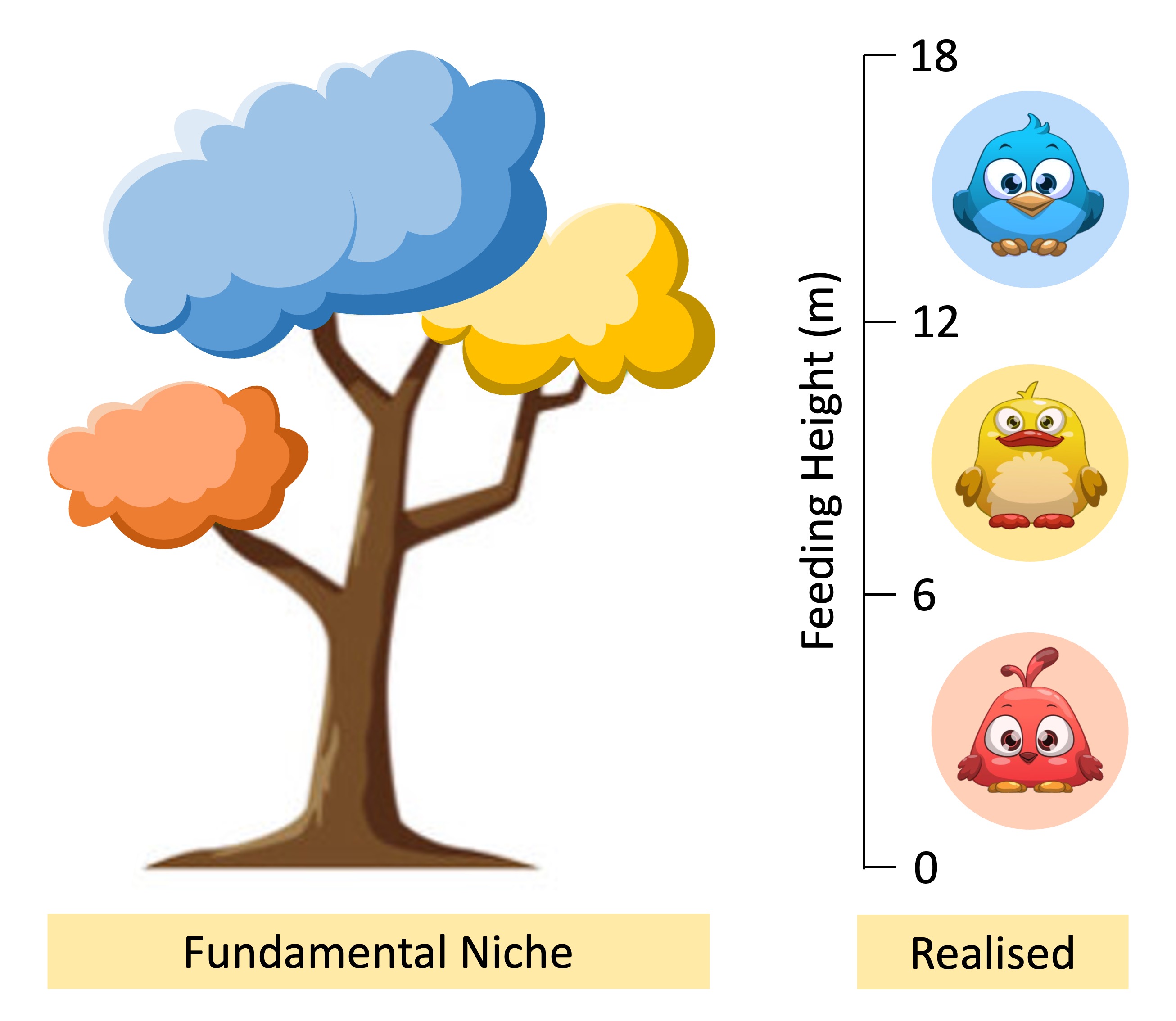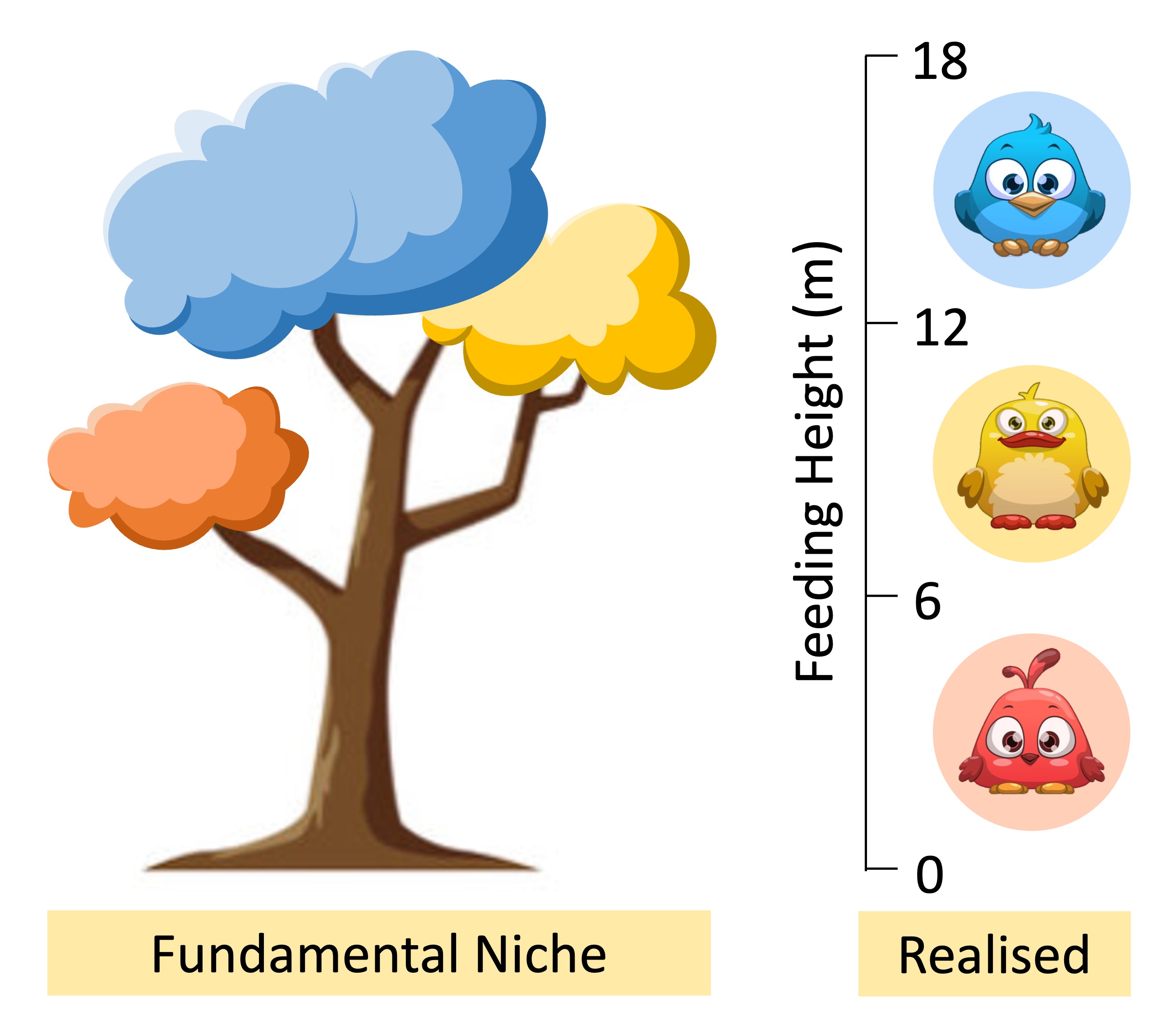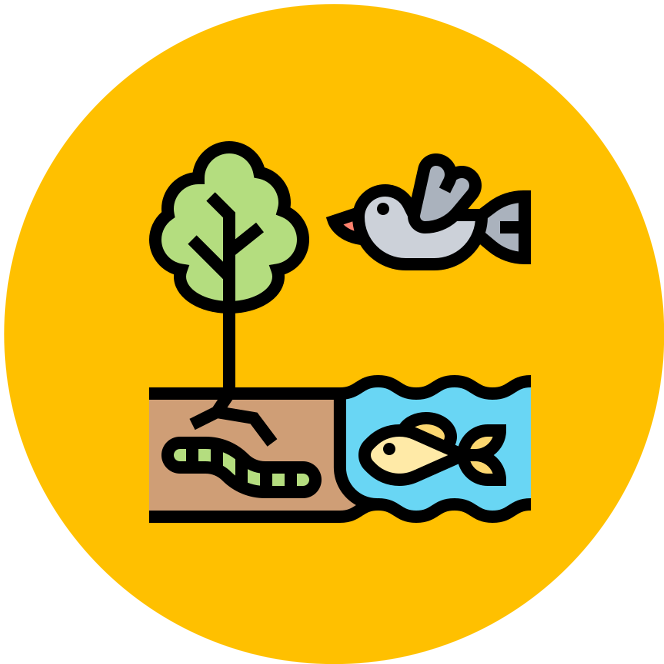

Ecological Niches
An ecological niche describes the functional position and role of an organism within its environment
-
It consists of all biotic and abiotic interactions that influence growth, survival and reproduction, including how a species obtains food
An ecological niche will be comprised of various components, including:
-
Abiotic: The habitat in which an organism lives and the resources within the environment (light, temperature, etc.)
-
Biotic: The activity patterns of the organism and its interactions with other species (competition, predation, etc.)
Niche Components

Bird:

Habitat

Resources

Food

Predator

Activity
Competition
No two species can share the exact same niche, as this would lead to direct competition for space and resources
-
This competition will reduce the biological fitness of the organisms – leading to a struggle for survival
Interspecific competition within a shared niche will typically prompt one of two responses:
-
Competitive exclusion: One species uses the resources more efficiently, driving the other species to local extinction
-
Resource partitioning: Both species alter their use of the habitat to divide resources between them (niche separation)
Niche Separation

Competition
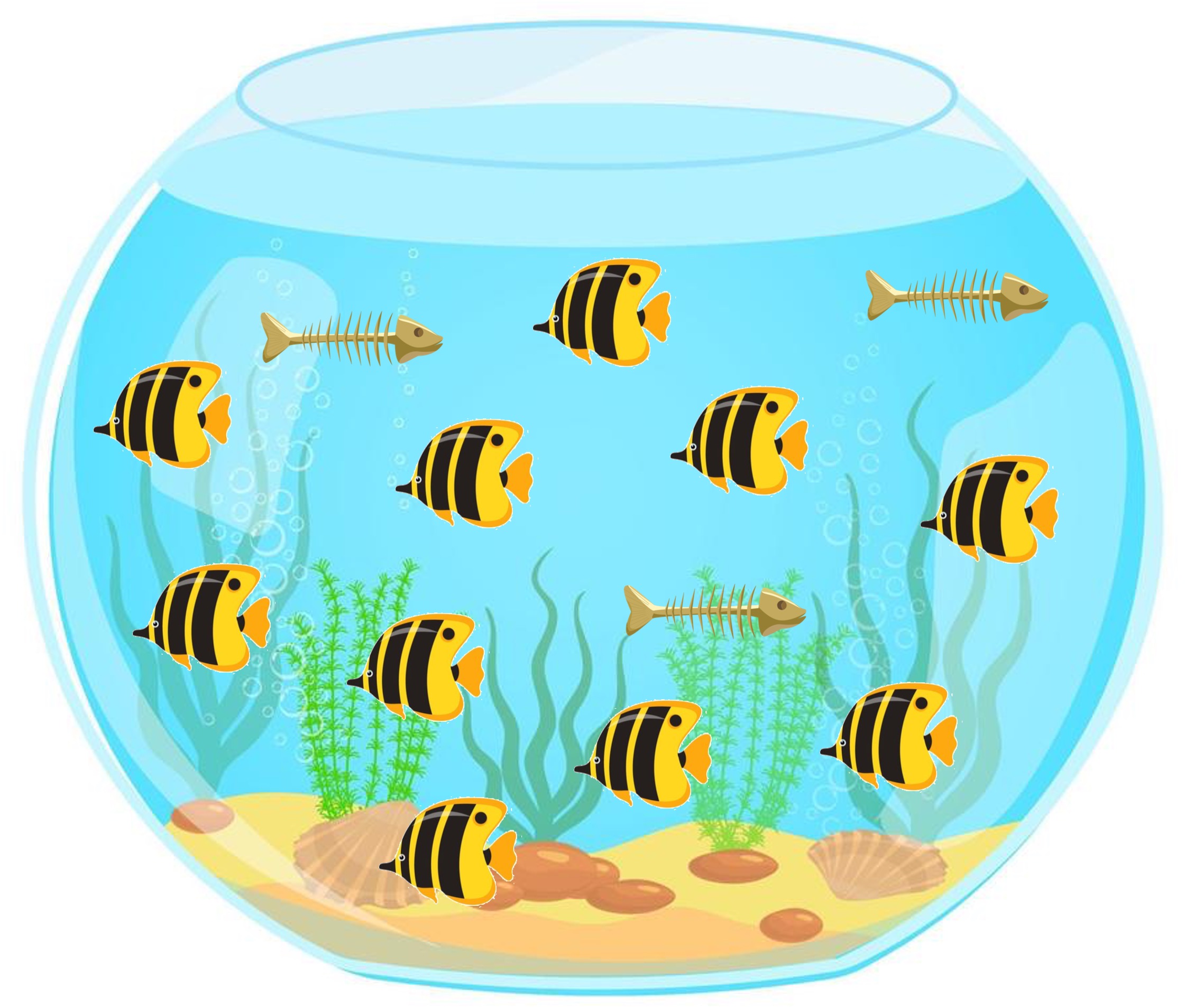
Exclusion
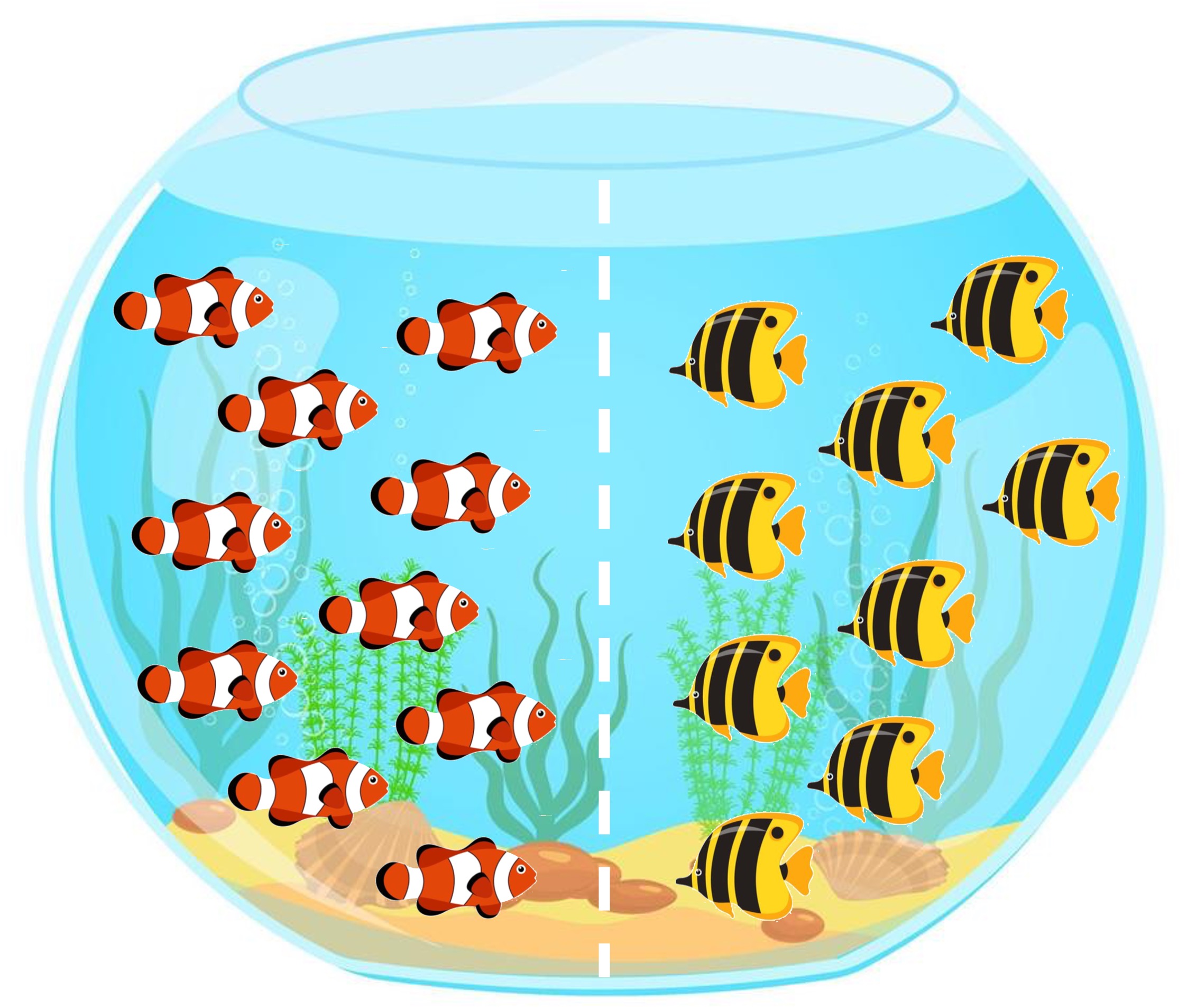
Partitioning
Types of Niches
Some species may not be able to occupy their entire niche due to the presence or absence of other species
-
A species may instead occupy a smaller subset of their niche than is theoretically possible
A fundamental niche is the entire set of conditions under which an organism can survive and reproduce (where it could live)
-
It is the theoretical habitat and may not be fully occupied due to the presence of competing species
A realised niche is the set of conditions used by an organism after including interactions with other species (where it does live)
-
It is the actual habitat that is completely occupied by an organism in the presence of competing species
Fundamental vs Realised
